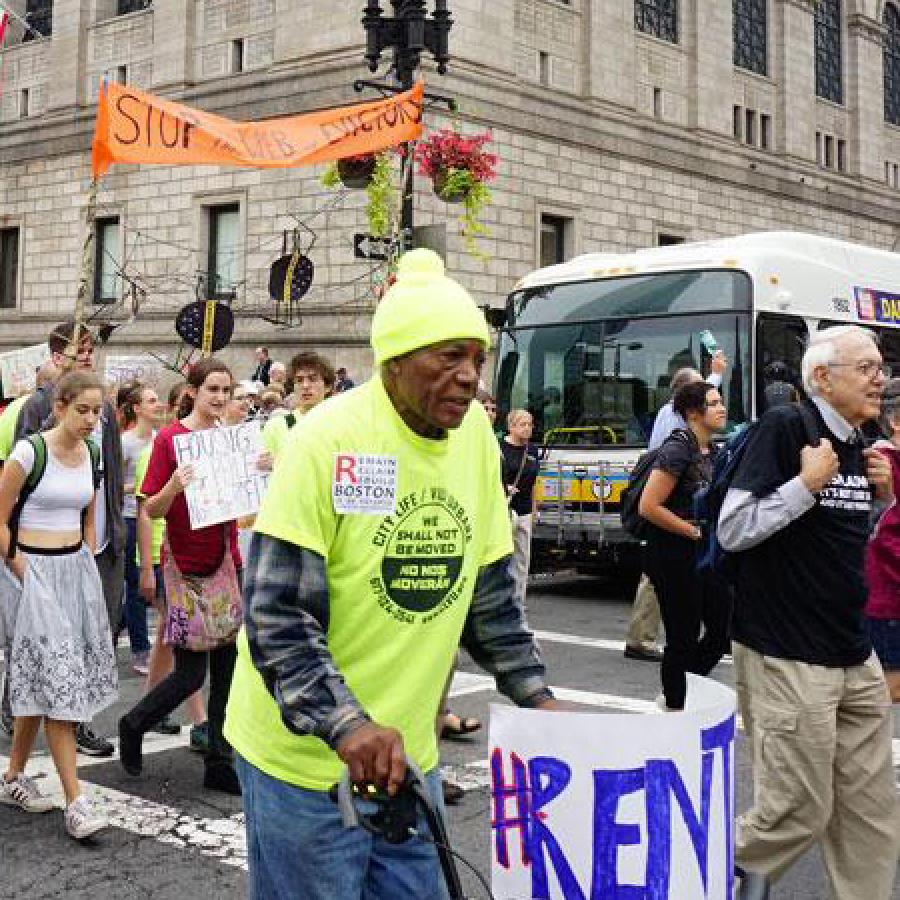Together We Can Build a More Equitable Tax Code
Annually, the federal government returns upwards of $640 billion directly back to households to help increase financial security through the tax code. Of that, nearly 80 percent goes back to households who are already wealthy. Current tax reform proposals aim to increase the amount going to wealthy families, leaving low-income people and people of color further behind.
Now, more than ever, we must work together to build a more equitable tax code that benefits all Americans. The Tax Alliance for Economic Mobility, led by PolicyLink and CFED, along with nearly 40 national advocacy organizations, racial justice groups, and tax experts, has just launched a new website that identifies priorities to expand savings and investment opportunities for lower-income households through reform of the U.S. tax code.
Today, the Alliance is pleased to announce four briefs on tax credits for low-income workers, higher education and college savings, housing and homeownership, and retirement savings. The briefs feature recommendations to build a more equitable tax code focused on the near- and longer-term security of families, communities, and the national economy.
- Tax Credits for Low-Income Workers: Unlike many other poorly designed tax exemptions and deductions that deliver the bulk of their benefits to the highest-income filers, the Earned Income Tax Credit (EITC) and Child Tax Credit (CTC) both work well to help low-income working families. But there are opportunities to strengthen the credits and build on their success, including filling the gap for workers not raising children and making the CTC fully refundable. Congress should also reject proposals that purport to reduce improper payments when in actuality they make the credit more difficult to claim or cut benefits.
- Housing and Homeownership: The Tax Alliance has adopted a set of principles for reforming the Mortgage Interest Deduction (MID), a homeownership subsidy provided through the tax code. Recommendations include expanding access for lower-income Americans, increasing benefits for renters, helping communities of color build wealth, and reducing subsidies for high-income households.
- Higher Education and College Savings: Higher education is a pathway to economic mobility, but existing higher education tax expenditures disproportionately benefit above-median income households, who own nearly 99 percent of all savings in tax-subsidized college savings accounts. The Alliance has adopted a set of principles for reforming these tax expenditures, with the goal of increasing tax-based aid and college savings support for lower-income students, providing aid before expenses are incurred, increasing take-up, incorporating automatic enrollment features, and eliminating programmatic features that disadvantage lower-income students.
- Retirement Savings: For low-income communities and communities of color, financial insecurity in retirement is exacerbated by lower earnings over the course of their work history, and reduced access to employer-sponsored retirement benefits. The Tax Alliance has adopted a set of principles for reforming existing retirement savings tax expenditures to expand access to subsidized accounts for lower-income Americans, subsidize the savings for these Americans, and make reforms to limit expenditures for high-income households.
To learn more about these principles and to access resources for creating a more equitable tax code, visit The Alliance’s website: www.taxallianceforeconomicmobility.org and sign up for the Tax Alliance newsletter.


